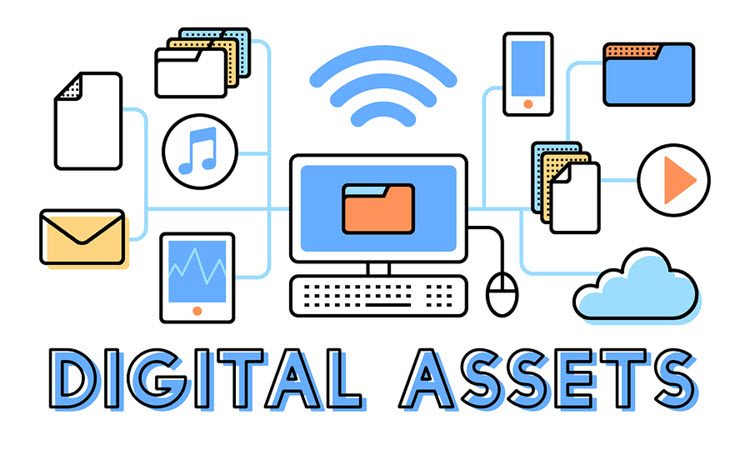Protecting Digital Assets After a Death
In addition to dealing with the emotional upheaval when someone dies, we all have a digital footprint that needs to be removed. Each of us that is even somewhat active online, has a lot of private information out there including: address history, birth date, financial institutions, social security numbers and other detailed information. Digital Assets include all your accounts where you may have uploaded photos, music or movies. Don’t forget there are credit cards or bank accounts that are associated with all online and social media accounts.
Removing this information is important to keeping your loved one’s information private. When heirs have possession of all the data, images, music etc. it ensures wishes are followed.
A key part of good estate planning now includes digital assets. There are a confusing amount of online agreements as well as state and local laws that may prevent heirs from closing these accounts.
These digital assets need to be organized and categorized. They include: computers and devices, email accounts, social media, online business accounts including shopping and media accounts where you may store pictures and videos.
Many of us immediately jump to the media, we want to preserve the family and personal images that are out there. As part of planning, you may want to designate who should be charged with getting the media off line and where it is stored. You can create a private backup such as a personal hard drive or create a backup account where your heir is a co-owner.
Online accounts have terms of service that may discuss what happens in the event of death. These vary according to the provider and where you live. Facebook, Yahoo and others have a procedure to follow. The procedures may not be easy.
It is imperative to have a will and to include digital assets in that will. Name a person to have access to your accounts and give clear instructions on how you want things handled. Your Estate Planning Professionals can help prepare and making sure your personal information is protected and handled in the manner you have outlined.
Note from Deb: Identity Theft of the deceased is big business. The identities of nearly 2.5 million deceased Americans are used to open credit card accounts, apply for loans and get cellphone services. (Source: AARP.org: Protecting the dead from identity theft)
Disclaimer: The material in this blog is for educational purposes only. It is not intended to replace, nor does it replace, consulting with a physician, lawyer, accountant, financial planner or other qualified professional.

